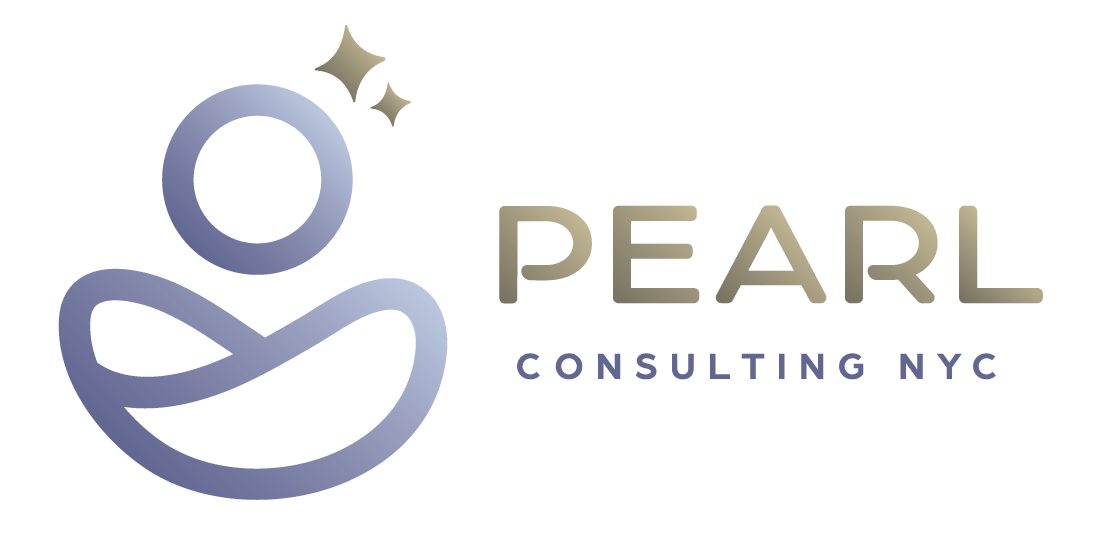Amazeballs: Lessons from my Phone Company on Creating an Alienating Brand Voice
Recently I had a tech-support chat with my phone company that was … weird. At least, it was weird if you aren’t used to tech support folk texting “AMAZEBALLS!” at you.
It’s a good illustration of the dangers of targeting your brand voice too narrowly, so let me tell you about it.
It all started when a friend told me my voicemail wasn’t picking up. I tapped the MyMetro icon on my phone to reach the help system, which offered a choice of voice or chat support. I thought chat might be simpler.
The Bro Approach to Communication
The chat support guy was surprisingly bubbly. He described himself as “a Happy guy named John,” (capitalization his), replied to my issue with a frowny emoticon, and promised that the chat would not “end with a millstone on your neck.” Odd but not objectionable. Then he asked for my phone number, and when I sent it, he replied, “E-X-H-I-L-A-R-A-T-I-N-G!”
That seemed an overly enthusiastic response to a phone number, and weirder because this was clearly a designed, canned response to acknowledge receipt of information; it’s not like a tech professional is going to bother typing out a hyphenated, all-caps word.
Later, after agreeing to not navigate away from the chat screen while he worked on my problem, he replied, “A-M-A-Z-E-B-A-L-L-S!”
That is a real thing that happened.
I’m unclear on what this was meant to accomplish. If the intent was to make me feel that I was in the hands of a competent professional who understood my issue, well, not so much. If they were trying to give me a warm, fuzzy feeling with their canned enthusiasm, that was also a fail.
If they were trying to dissuade me from using their chat system again, well, mission accomplished.
A Giddy Mode of Expression will Work for Some
Some people love a bubbly, over-the-top communications style, and if the bulk of Metro’s customers were under 25, the amazeballs-voice might make a lot of sense. But for older customers like me, it’s distracting, annoying, and unprofessional.
It’s also, interestingly, not Metro’s brand voice. Their website is somewhat dry; their most colorful phrase is “latest tech at the greatest price.”
So, why is Metro talking to me like we’re best bros? My best guess would be because someone under 25 was in charge of designing the system. Or perhaps Metro contracts their support out to a company that specializes in tech support for children’s videogames.
In fact, if you were catering to teenagers, these might be the perfect canned responses. There aren’t really bad brand voices, there are just voices that don’t work well in your market niche.
The Lesson Metro Can Teach Us
Brand voice conveys a message, and if that message is, “all our customers are teenagers” and is being relayed to people who aren’t teenagers, there’s a disconnect. And disconnects are alienating. If you want to reach middle-aged people, don’t say “amazeballs.” If you want to reach fourth-graders, don’t say “incontrovertibly.” Use a different voice for a scientific journal than for a surf shop.
I know this seems obvious, and yet, Metro is a national company with one department that has an insane brand voice. So it’s clearly not obvious to everyone.
So here are a few essential concepts when working on your brand voice:
Clarity: A successful brand voice speaks to the customers you have and the customers you want. If you don’t understand who your customers are and what they desire then you will flail about aimlessly.
Consistency: Once you’ve developed a strong, clear brand voice, use it everywhere. Don’t allow strange pockets of your company to take their own wacky approach.
Confidence: Your customers need to believe in your expertise and professionalism. What instills this confidence will vary depending on your target customer, but every customer should say, “they totally know what they’re doing.” Not, WTF?!
That weird chat did not fix my issue. In fact, after being told my voicemail would need to be reset I lost the connection and it turned out I could no longer connect to the data network. Next time I had an agent call (helpful hint: to speak with a human, ignore all the automated questions and just keep saying “agent” over and over until they connect you). She fixed my problem by telling me to do what I should have remembered to do before calling; restart my phone.
The phone agent was also required to offer artificial, scripted expressions of friendliness. For whatever reason, Metro believes that customers are desperate to be told to have an extra happy day by people who don’t care if they live or die. And that’s fine; I don’t mind a little awkwardly-phrased bonhomie.
I’m just happy she wasn’t forced to say “amazeballs.”
If you want branding in your own, clear voice, let’s talk!

